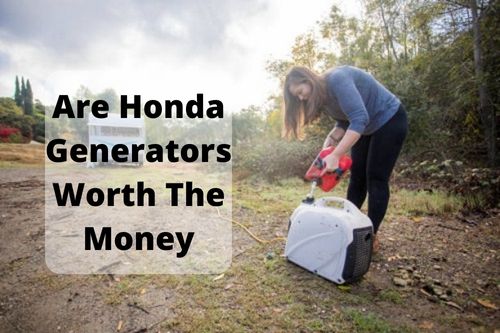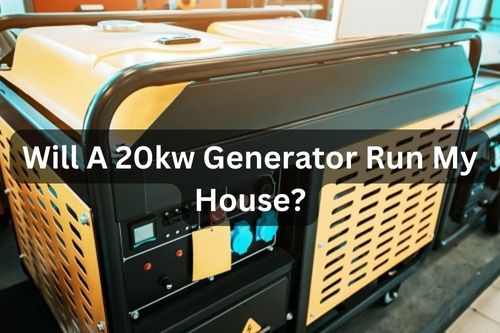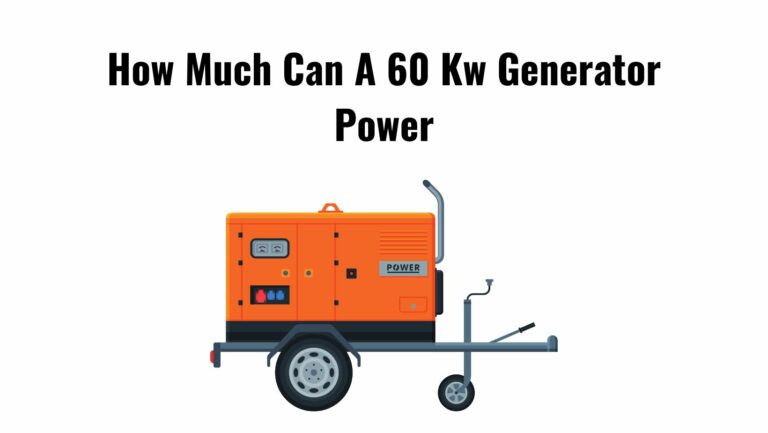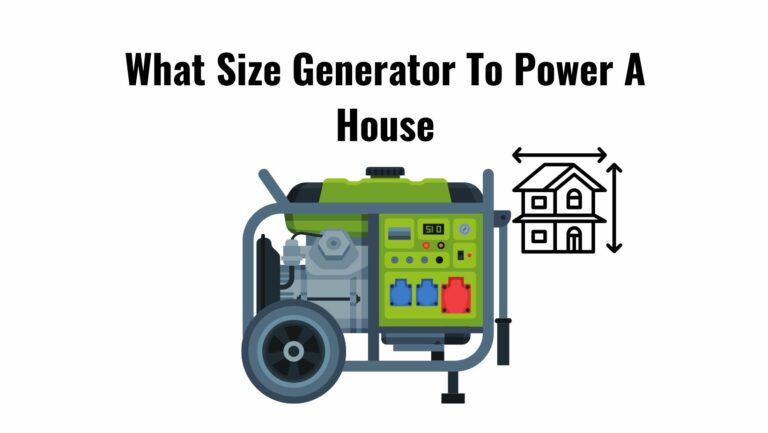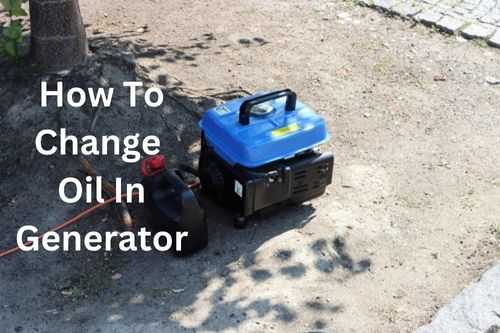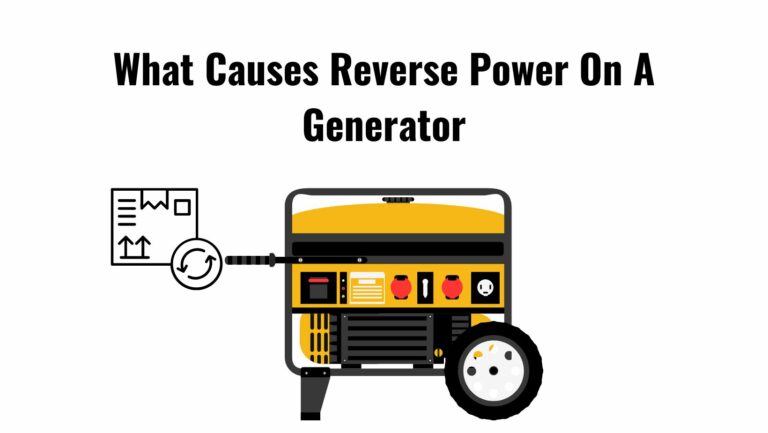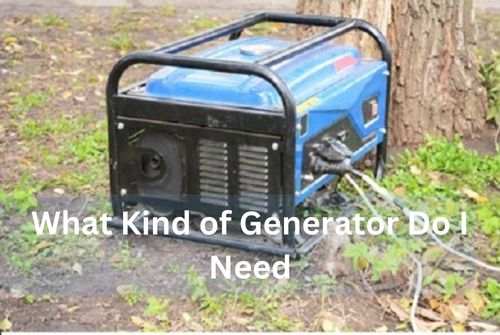
When you are looking to purchase a generator, the first thing you need to know is what size generator you need. A generator that is too small will not be able to power your appliances or devices, while a generator that is too large will be more expensive and use more fuel than necessary. Knowing the wattage of the devices you need to power allows you to select the right size generator for your needs.
Getting Started
Like most people, you probably don’t think about your home’s backup generator until the power goes out. And then, when the lights go dark and the fridge starts to warm, you might wonder: just how big does my generator need to be?
The size of the generator you’ll need depends on a few factors, including the wattage of the appliances and devices you want to power and the duration of the outage.
Factors to consider
Factors to consider when selecting a generator include:
- The wattage of the devices and appliances you want to power
- The duration of the power outage
- The fuel type of the generator
Wattage Requirements
The first step is determining the wattage requirements of the devices and appliances you want to power. Appliances like refrigerators, freezers, and sump pumps typically have high wattage ratings, while devices like laptops and cell phones have lower wattage ratings.
To calculate the wattage rating of an appliance, you’ll need to know the volts and amps of the appliance. Most appliances will have this information listed on a label somewhere on the appliance. Once you have this information, you can use the following equation to calculate the wattage:
Watts = Volts x Amps
For example, if an appliance is rated at 120 volts and 15 amps, the wattage rating would be 1800 watts (120 x 15).
Once you’ve calculated the wattage of all the devices and appliances you want to power, add up all the individual wattage ratings to get the total wattage. This is the number you’ll use to select the right size generator.
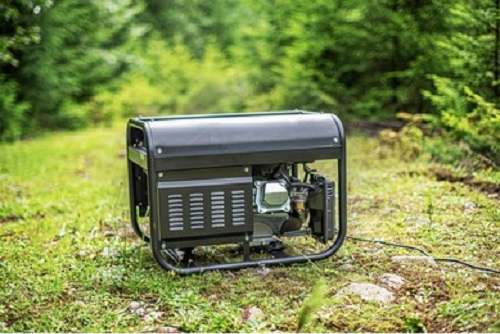
Fuel Capacity
The final factor to consider is the fuel capacity of the generator. This will determine how long the generator can run before it needs to be refilled.
To calculate the fuel capacity, you’ll need to know the runtime of the generator and the fuel consumption rate. The runtime is the amount of time the generator can run without being refilled, and the fuel consumption rate is the amount of fuel the generator uses per hour.
Once you have this information, you can use the following equation to calculate the fuel capacity:
Fuel Capacity = Runtime x Fuel Consumption Rate
For example, if a generator has a runtime of 8 hours and a fuel consumption rate of 1 gallon per hour, the fuel capacity would be 8 gallons.
Now that you know the size generator you need, you can select the right model for your home. Remember to factor in the wattage of the devices and appliances you want to power, the duration of the outage, and the fuel capacity when selecting.
FAQ’s
How do I calculate what size generator I need?
To calculate the size of generator you need, you’ll need to know the wattage of the devices and appliances you want to power, the duration of the outage, and the fuel capacity.
Is a 7500-watt generator enough to run a house?
A 7500-watt generator is enough to run most household appliances, including refrigerators, freezers, and sump pumps. However, running high-wattage appliances like air conditioners may not be enough.
What size generator is needed for the average home?
The average home requires a generator with a wattage of 7500 watts. However, this may vary depending on the appliances and devices you want to power.
What size generator do I need to run a full-size refrigerator?
Most full-size refrigerators have a wattage rating of around 1000 watts. Therefore, you need a generator with at least 1000 watts to run a full-size refrigerator.
Conclusion
So, what size generator do you need for your home? The answer to this question will vary depending on the needs of your household. However, by considering the factors we’ve outlined in this blog post, you should be able to make an informed decision about which generator is best for you.
If you have any questions that we didn’t answer in this post or if you need help choosing a generator, don’t hesitate to contact us. We are happy to help! Have you decided on the size of the generator for your home?
Related Articles:

